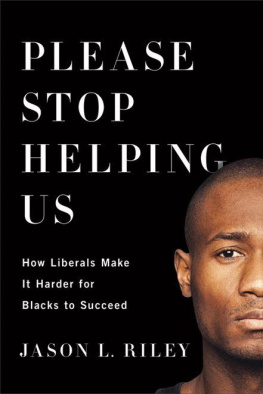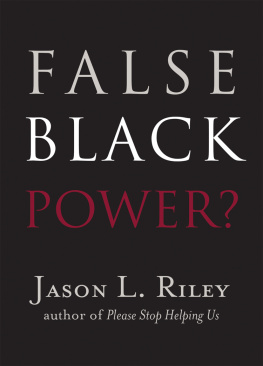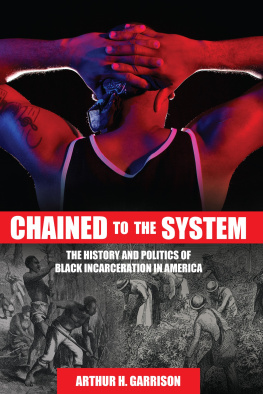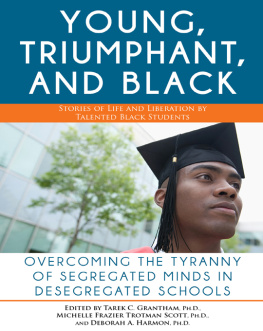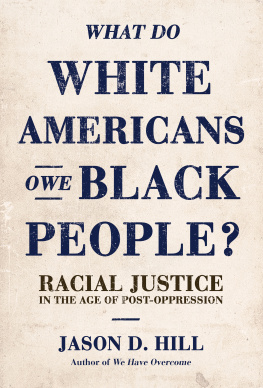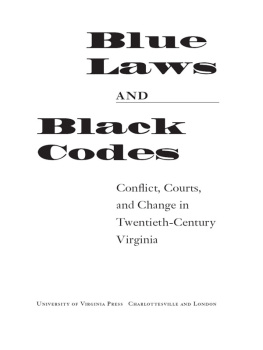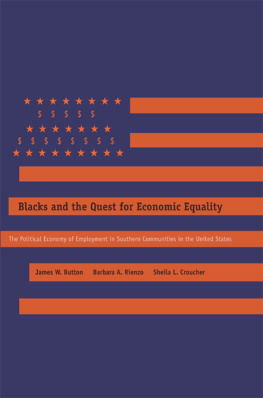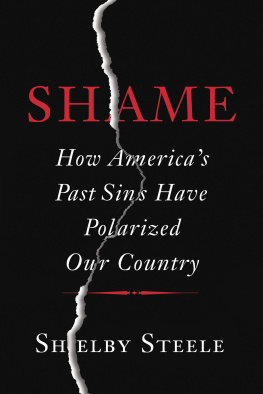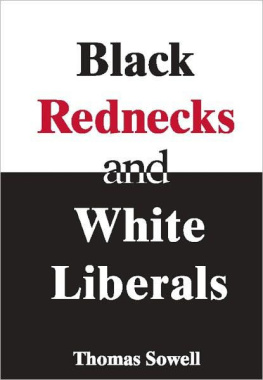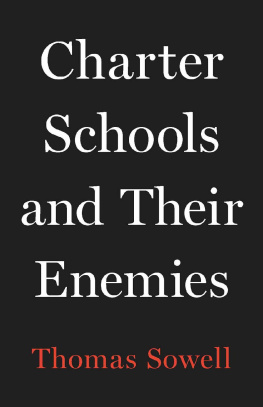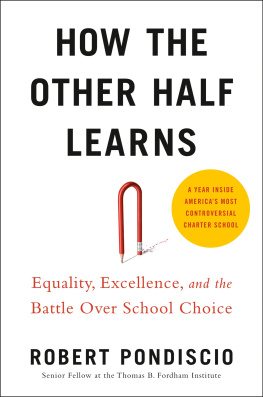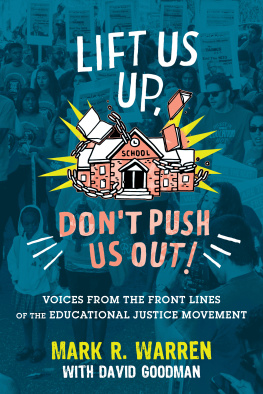



2014 by Jason L. Riley
All rights reserved. No part of this publication may be reproduced, stored in a retrieval system, or transmitted, in any form or by any means, electronic, mechanical, photocopying, recording, or otherwise, without the prior written permission of Encounter Books, 900 Broadway, Suite 601, New York, New York, 10003.
First American edition published in 2014 by Encounter Books, an activity of Encounter for Culture and Education, Inc., a nonprofit, tax exempt corporation.
Encounter Books website address: www.encounterbooks.com
The paper used in this publication meets the minimum requirements of ANSI/NISO Z39.48 1992 (R 1997) (Permanence of Paper).
FIRST AMERICAN EDITION
LIBRARY OF CONGRESS CATALOGING-IN-PUBLICATION DATA
Riley, Jason (Jason L.)
Please stop helping us: how liberals make it harder for blacks to succeed/Jason L. Riley.
pages cm
Includes bibliographical references and index.
ISBN 978-1-59403-726-9 (ebook)
1. African AmericansGovernment policy. 2. African AmericansSocial conditions21st century. 3. African AmericansEconomic conditions21st century. 4. United StatesSocial policy. 5. LiberalismUnited States. 6. Social mobilityUnited States. I. Title.
E185.86.R55 2014
305.896073dc23
2013046338
To Shelby Steele and Thomas Sowell, for their inspiration and friendship
CONTENTS
I t has been nearly half a century since President Lyndon Johnsons 1965 commencement address at Howard University, the historically black college in Washington, D.C. He had signed the Civil Rights Act a year earlier and would sign the Voting Rights Act just two months later. But Johnsons speech wasnt a victory lap, as some anticipated. Instead, it was mainly about what government should do next on behalf of blacks. This was merely the end of the beginning, he said, quoting Winston Churchill.
That beginning is freedom; and the barriers to that freedom are tumbling down. Freedom is the right to share, share fully and equally, in American societyto vote, to hold a job, to enter a public place, to go to school, said Johnson. But freedom is not enough. You do not wipe away the scars of centuries by saying: Now you are free to go where you want and do as you desire, and choose the leaders you please.
You do not take a person who, for years, has been hobbled by chains and liberate him, bring him up to the starting line of a race and then say, you are free to compete with all the others, and still justly believe that you have been completely fair.
Johnson said that the next and the more profound stage of the battle for civil rights was not just freedom but opportunity and not just equality as a right and a theory but equality as a fact and equality as a result.
The presidents speech hushed the crowd of five thousand, wrote historian Taylor Branch. The June 4 address soon would tear the historical sky like a lightning bolt. At the time, the country was more focused on the war in Vietnam, but Johnson had launched another war at home. It was a war on poverty and racial inequality, and he was going to win it by redistributing wealth and pushing numbers-based racial remedies.
An almost bewildering array of Great Society programs was launched, all with the central purpose of transferring tax dollars from the middle- and high-income classes to the low-income class, wrote Stanford economist Martin Anderson. Millions of government checks, for tens of billions of dollars, were printed and mailed and cashed. The most ambitious attempt to redistribute income ever undertaken in the United States had begun.
These were heady days for Democrats, of course. Johnson had just been elected in a landslide over Barry Goldwater, noted a 1985 New York Times article commemorating the twentieth anniversary of the Great Society. For the only time in this century except for four years in the late 1930s, a Presidents party had a 2-to-1 majority in both houses of Congress. The economy was strong and growing. And most people not only shared the Presidents dream for an end to poverty and racial injustice and a better life for all Americans but also believed with him that it was in the Governments power to fulfill that dream.
But what if Johnson was mistaken? What if there are limits to what government can do beyond removing barriers to freedom? What if the best that we can hope for from our elected officials are policies that promote equal opportunity? What if public-policy makers risk creating more barriers to progress when the goal is the ever-elusive equality as a result? At what point does the helping start hurting?
This book examines the track record of the political lefts serial altruism over the past half century. Have popular government policies and programs that are aimed at helping blacks worked as intended? And where black advancement has occurred, do these government efforts deserve the credit that they so often receive? The intentions behind welfare programs, for example, may be noble. But in practice they have slowed the self-development that proved necessary for other groups to advance. Minimum-wage laws might lift earnings for people who are already employed, but they also have a long history of pricing blacks out of the labor force. Affirmative action in higher education was intended to address past discrimination, but the result is fewer black college graduatesparticularly in the fields of math and sciencethan wed have in the absence of racial preferences. And so it goes, with everything from soft-on-crime laws that make black neighborhoods more dangerous to policies that limit school choice out of a mistaken belief that charter schools and voucher programs harm the traditional public schools that most low-income students attend.
In theory these efforts are meant to help. In practice they become barriers to moving forward. Please Stop Helping Us lays bare these counterproductive results. People of goodwill want to see more black socioeconomic advancement, but time and again the empirical data show that current methods and approaches have come up short. Upward mobility depends on work and family. Social programs that undermine the work ethic and displace fathers keep poor people poor, and perverse incentives put in place by people trying to help are manifested in black attitudes, habits, and skills. Why study hard in school if you will be held to lower academic standards? Why change antisocial behavior when people are willing to reward it, make excuses for it, or even change the law to accommodate it?
Yes, the Obama presidency is evidence that blacks have progressed politically. But if the rise of other groups is any indication, black social and economic problems are less about politics than they are about culture. The persistently high black jobless rate is more a consequence of unemployability than of discrimination in hiring. The black-white learning gap stems from a dearth of education choices for ghetto kids, not biased tests or a shortage of education funding. And although black civil rights leaders like to point to a supposedly racist criminal justice system to explain why our prisons house so many black men, its been obvious for decades that the real culprit is black behaviorbehavior too often celebrated in black culture.
Next page
